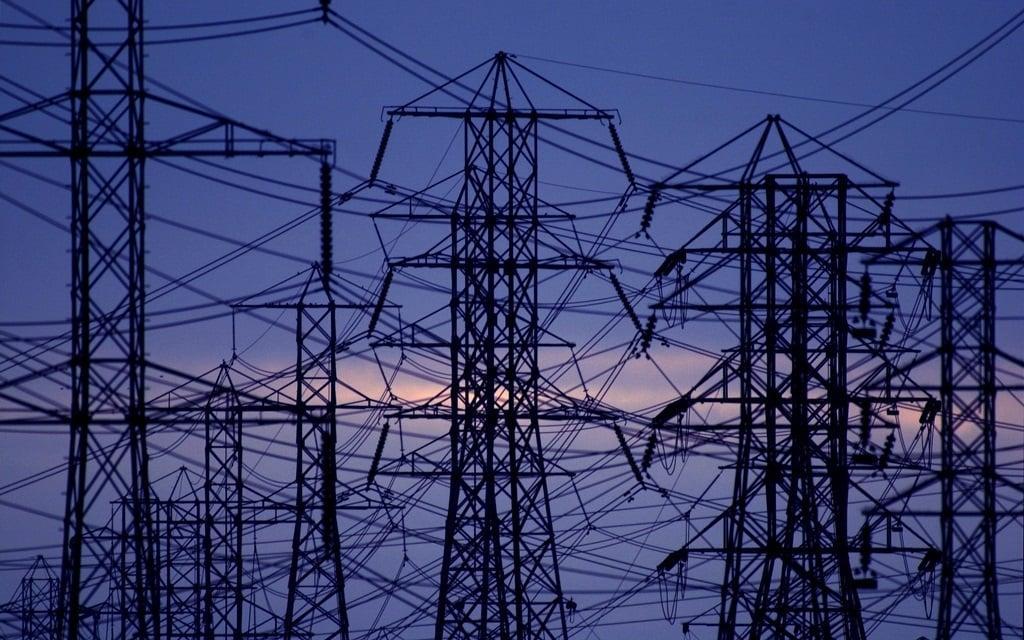Africa-Press – South-Africa. The City of Ekurhuleni has denied racking up R1.5 billion in historical debt to Eskom, after the utility accused it of not making payments for the provision of electricity on time.
Eskom accused Tshwane and Ekurhuleni of threatening its sustainability by racking up a combined R4.7 billion in debts for the non-payment of electricity. The power utility said Tshwane owed R3.2 billion, while Ekurhuleni owed R1.5 billion.
“The payment patterns by both municipalities have deteriorated to concerning levels that further threaten Eskom’s liquidity, financial performance, and sustainability,” Eskom said on Wednesday.
While Tshwane confirmed that it was in arrears with its electricity payments, Ekurhuleni said the R1.5 billion figure was not historical debt.
“It is rather unfortunate that Eskom creates an impression that the City of Ekurhuleni has a historical debt with them,” said Ekurhuleni spokesperson Zweli Dlamini.
“In actual fact, this is a current account, and we received an invoice from Eskom last week and the due date is 28 October. As usual, the city shall honour the invoice.”
Tshwane city manager Johann Mettler, meanwhile, said it was “common knowledge” that the municipality was experiencing cash flow problems.
“It is quite correct that the city of Tshwane is currently indebted to Eskom to the tune of around R3.2 billion,” he said.
“We have engaged Eskom – not only now but in the past – in order to make payment arrangements. We have to the best of our ability stuck to those payment arrangements, although not to the satisfaction of Eskom.”
Mayor Cilliers Brink said in a separate statement that Tshwane’s budget adopted by the council in June 2023 was under-funded by at least R3 billion.
The city has approved a funding plan which includes measures to “achieve a funded status within three financial years,” he said, such as seeking an exemption from salary increases.
“One of the primary reasons for the city’s financial situation is the loss the city, along with many other municipalities in the country, is making on the sale of electricity,” he added.
For years, Eskom has been trying to coax municipalities across South Africa into paying their outstanding municipal debt, which has ballooned to R65 billion.
Electricity minister Kgosientsho Ramokgopa and the group’s former CEO, André de Ruyter, have warned that municipal nonpayment is making it harder for the utility to solve the country’s power crunch.
For More News And Analysis About South-Africa Follow Africa-Press






